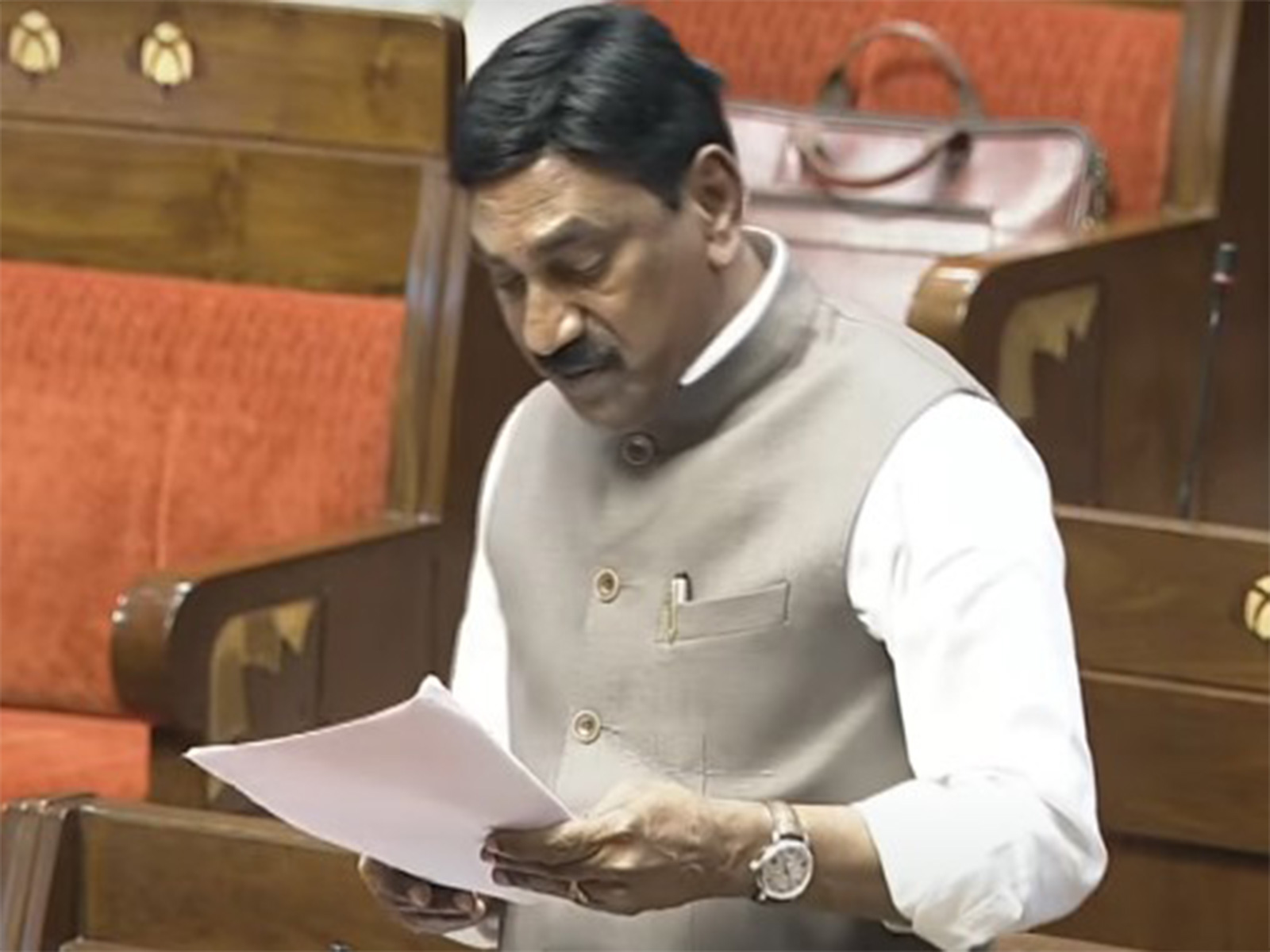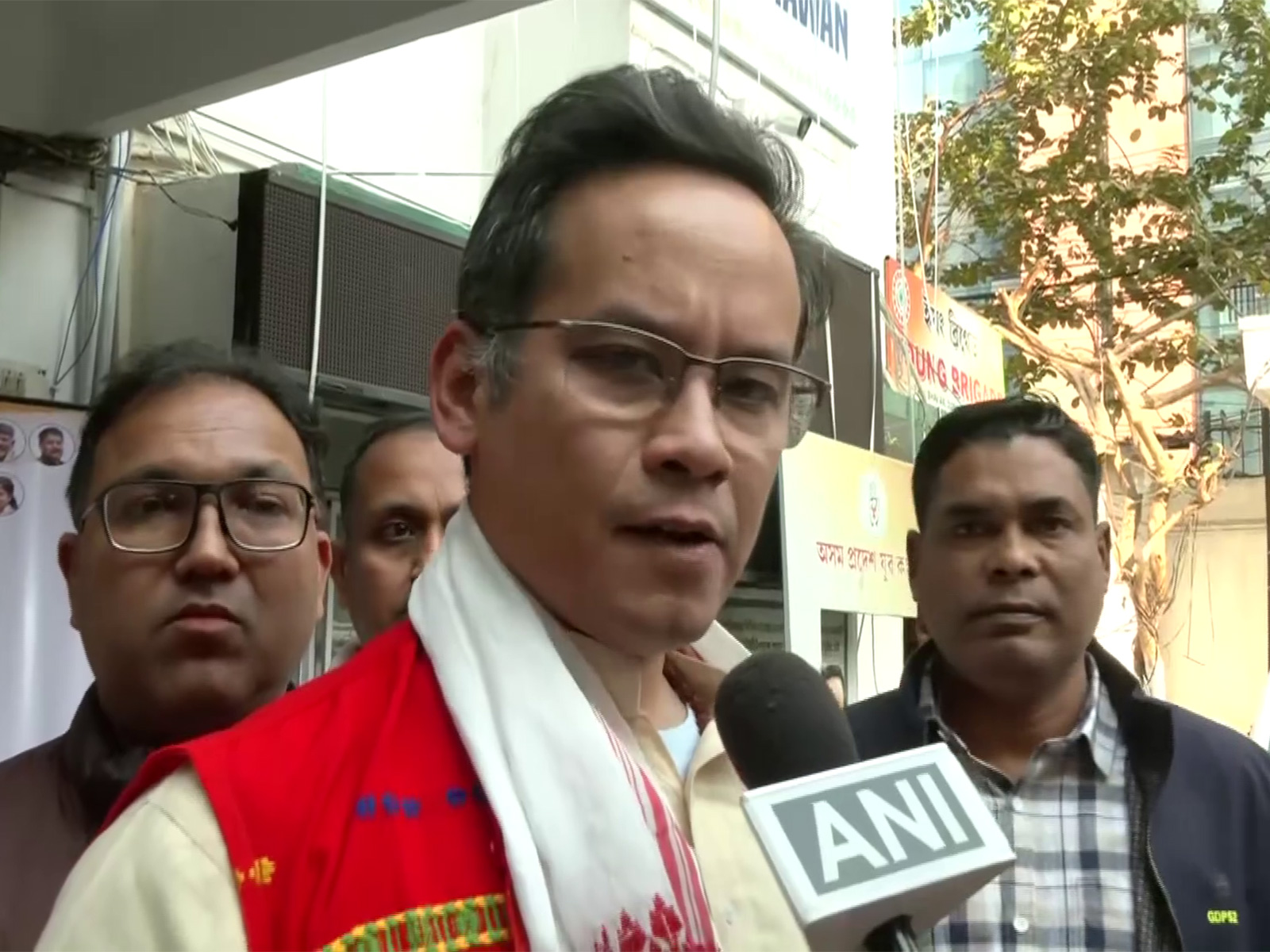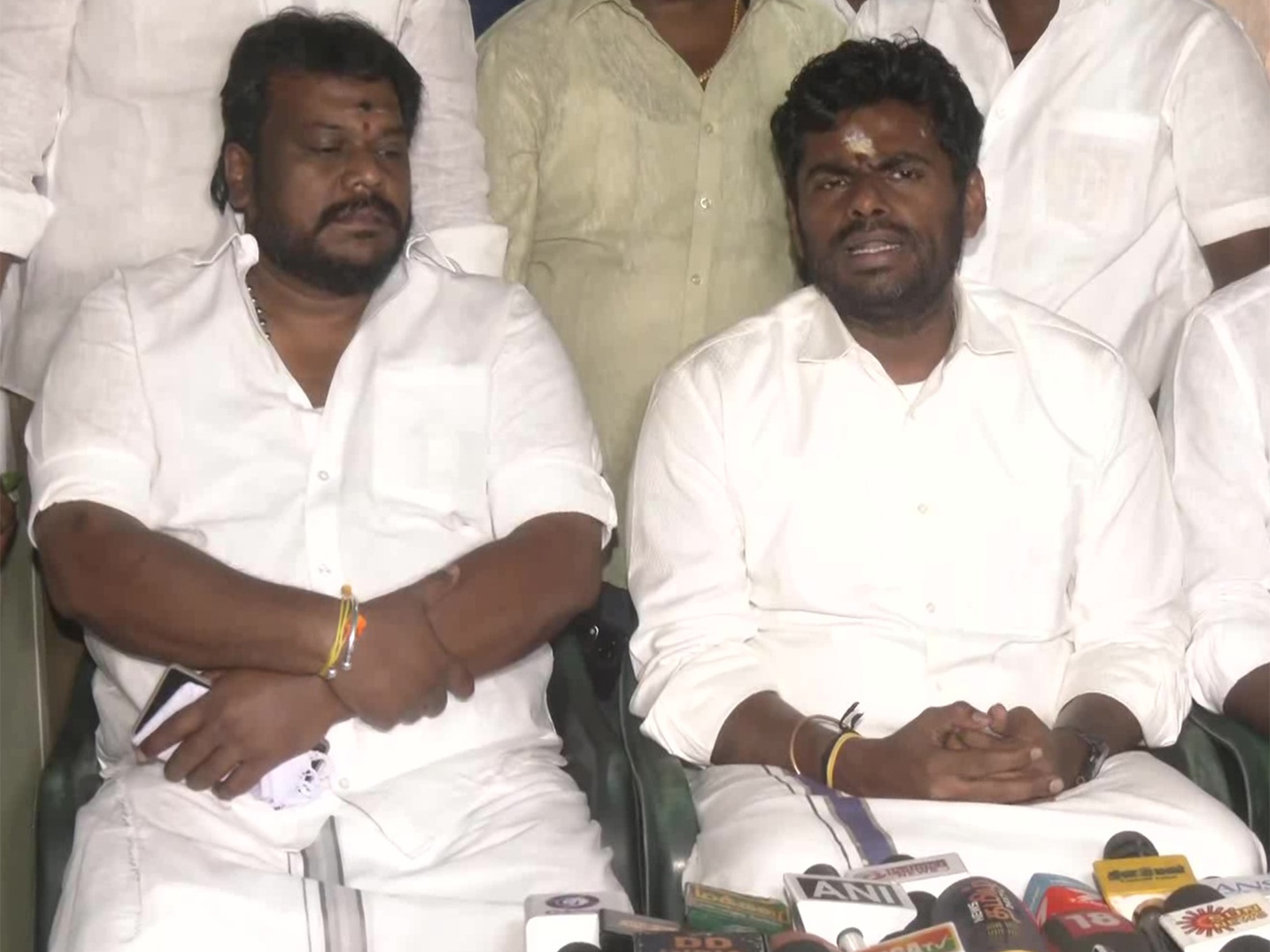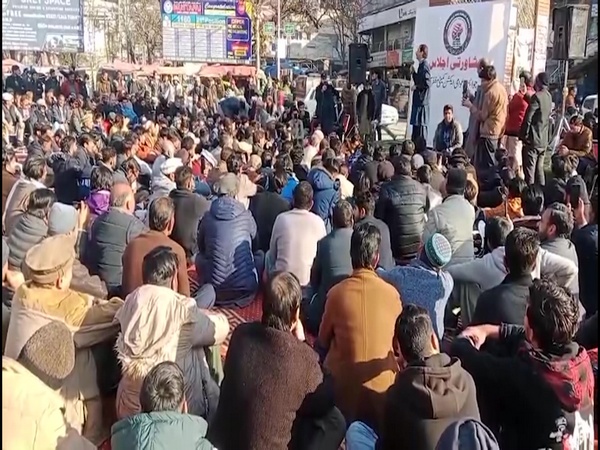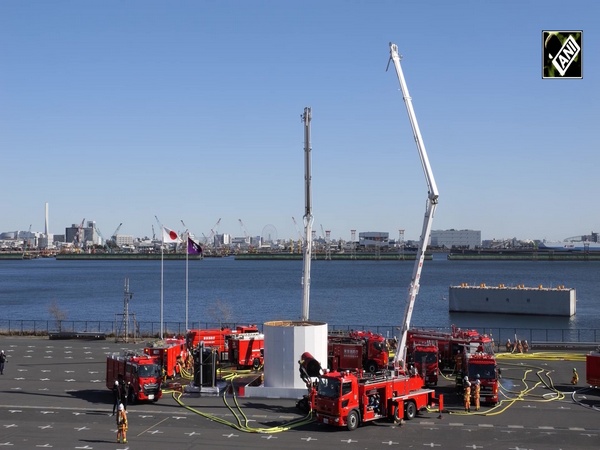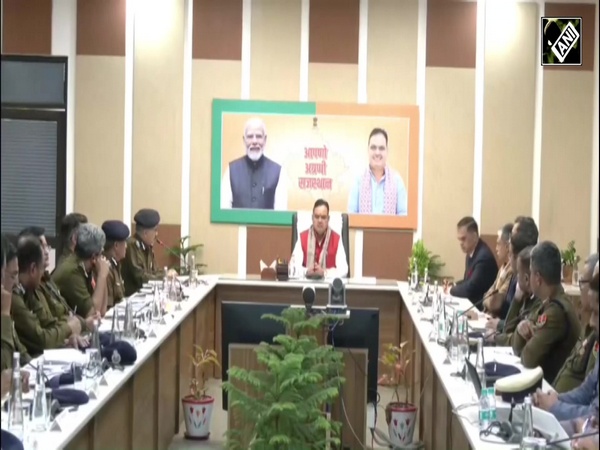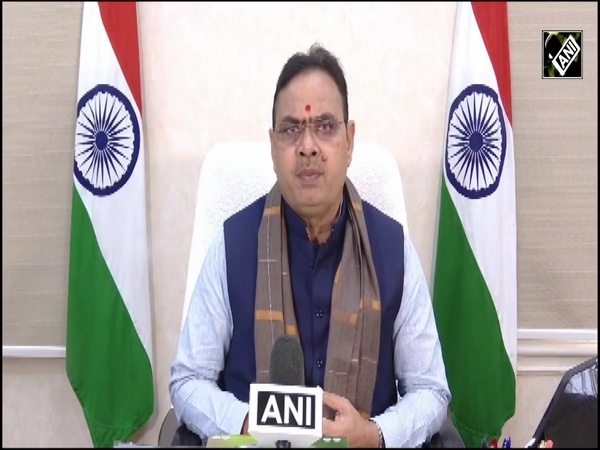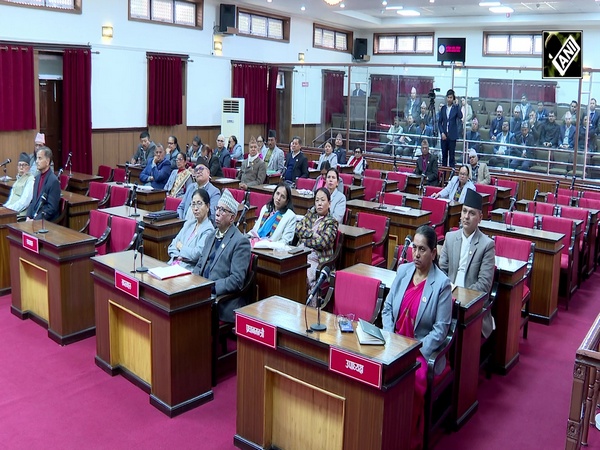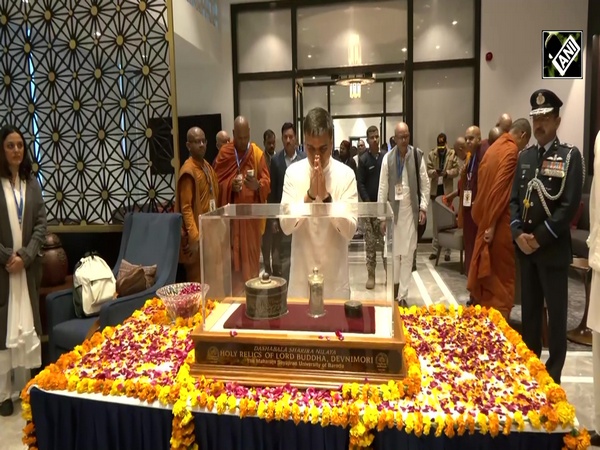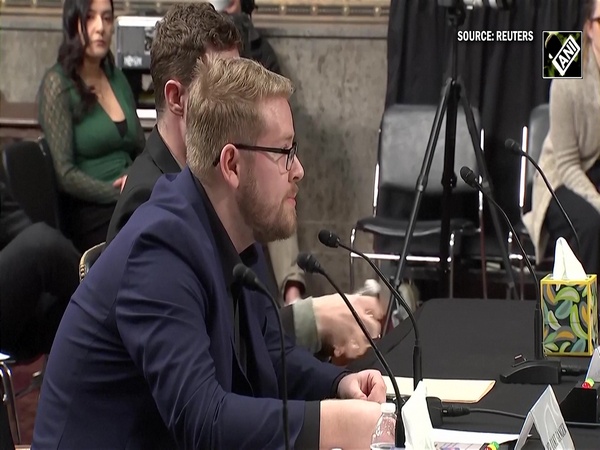Pakistan: People in Karachi hold protest over disruption in water supply
Aug 24, 2024

Karachi [Pakistan], August 24 : People in Pakistan's Karachi staged a protest, blocking lanes of the road near Nasir Jump and burning tyres, setting up barriers to express their displeasure over a 10-day disruption in water supply, The Express Tribune reported.
According to the report, the demonstrators were frustrated by the scarcity of water in Nasir Colony and surrounding areas in Karachi. The residents stated they had been deprived of water for the past 10 days, forcing them to struggle for every drop of water.
They further stated that the situation has worsened by rising prices of water, making it difficult for Karachi's residents to purchase water bottles. The residents said that they were often met with refusals from hydrant operators when they tried to buy water privately.
Quoting local sources from Karachi, The Express Tribune reported that the protest, which began late on Friday night, resulted in severe traffic disruptions, affecting commuters travelling between Korangi and Landhi. The blockage caused significant traffic congestion on the surrounding streets.
The protesters asserted that despite filing numerous complaints with the water board, they had received no response, prompting them to take to the streets. They cautioned that if the water supply was not reinstated, they would persist with their protests. Police officials arrived and began discussions with the demonstrators, promising to coordinate with water board officials to address the problem.
Many regions in Pakistan, particularly in urban areas like Karachi, face severe water shortages due to a combination of factors including population growth, poor infrastructure, and climate change.
Karachi is experiencing severe water shortages due to a significant gap between water supply and demand. With increased consumption and inadequate infrastructure, the city's water system is struggling to keep up, Dawn reported.
Efforts by local authorities and utility companies to address the issue are ongoing but have yet to fully resolve the crisis. As a result, residents face serious hardships, including unreliable access to water and heightened frustration.




